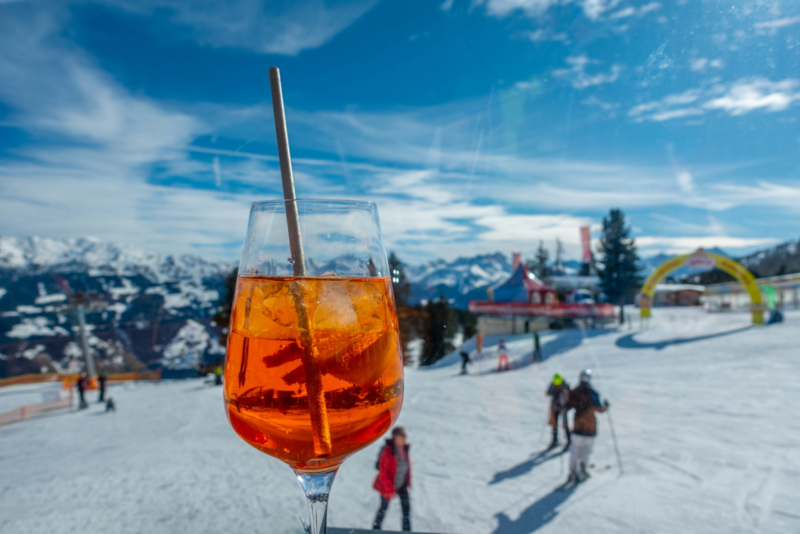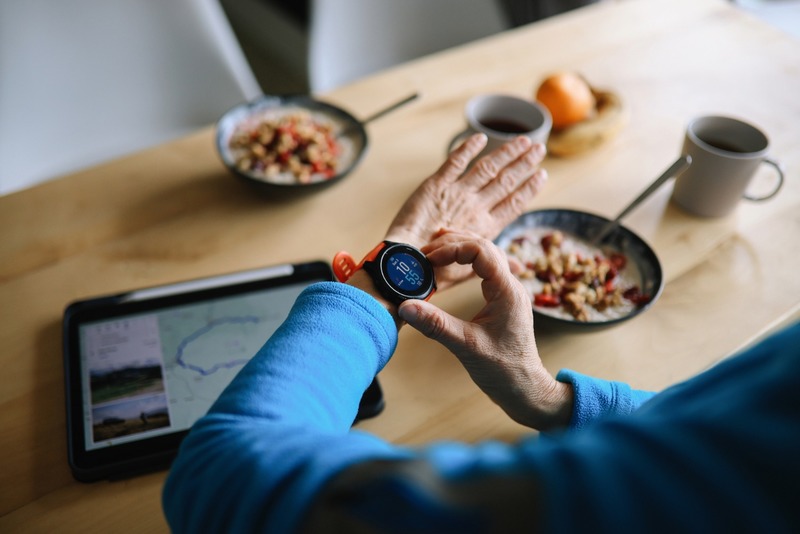News
Carbs for Athletes

- Lower fiber carb choices that digest quick such as cereal (ex. cheerios), yogurt, small granola bar, oatmeal, watermelon, cantaloupe, banana, grapes, soy milk.
- Colorful fruits high in antioxidants such as berries, cherries, apricots, peaches, Acai juice or frozen pulp for a smoothie, higher fiber cereal or fruited Greek yogurt with a tablespoon of ground flax or chia seeds, nutrition bar, crackers with hummus, protein shake with fruit and 20gm protein etc.
- Select natural sources of high fiber carbohydrate foods at all your meals! Breakfast: try corn tortillas, whole grain bread, cereals, fruit (dried fruit without added sugars). Lunch/Dinner: sweet potatoes, beans/lentils, whole grains with at least 3gm fiber per serving--(i.e. mini-whole wheat bagel or bread, , black bean chips, corn chips, popcorn, crackers, whole wheat tortilla etc.). Tip: If you love salads with a protein add 1/3 cup beans, dried or fresh fruit, or even leftover rice, potatoes or other grains.
BITES FOR BIKERS
- Portability. Choose something with easy access while on the trails.
- Schedule. Try taking a small bite and drink every 15-20 minutes. If you are riding for more than 3 hours, try eating more solid foods at the beginning of your ride, as digestion may slow.
- Quantity. Be prepared. Pack more than enough! According to the American College of Sports Medicine (ACSM), about 30-60g of carbohydrate per hour is recommended to maintain a continuous supply of glucose for rides lasting over 1 hour.
- Hydration. Water is optimum hydration for rides lasting less than 1 hour. If your ride is over an hour or you sweat excessively, consider a sports drink in addition to water.
- Peanut butter and jelly sandwich. This old-time favorite is a great mix of carbs, fat and protein and easy to divide into bite-size portions.
- Bananas. Great source of carbohydrates, vitamins and minerals.
- Homemade trail mix. Be sure to include dried fruit.
- Energy bar. Choose one with nuts, fruits and whole grains.
- Portable yogurt or fruit pouches. Easy and convenient source of quick energy.
More News
-
New!
More

First Chair to Last Call: What Does Alcohol Really Mean For Your Health?
In nearly every Colorado ski town, some iteration of the neon sign blares its play-hard-party-harder anthem. It’s a not-so-subtle nod to mountain party culture, a lifestyle that normalizes combining sports and outdoor adventures with heavy drinking and partying. In Eagle County, après culture, high-altitude living and outdoor performance have coexisted for as long as locals have been sliding on snow. But how much is too much at altitude? And what role do social support systems play in helping residents find balance?
-
New!
More

Counting More Than Steps: How Wearables Can Help (or Hinder) Your Health
From step counts to sleep stages, heart rate variability to blood sugar spikes, wearable devices are giving us a front-row seat to what’s happening inside our bodies. Strapped to wrists, slipped onto fingers or wrapped around our biceps, wearables like the Oura Ring or Whoop strap promise insight and advice in the quest for better health.
-
More

Cass Barham and Sarah Crabtree Honored As Recipients of Vail Health Elevate Award
Cass Barham and Sarah Crabtree, both lab techs at Vail Health Hospital, have been named recipients of the Vail Health Elevate Award. Vail Health created the Elevate Award in June 2022 to give patients and their families an opportunity to nominate and thank employees who have touched their lives in some way.
